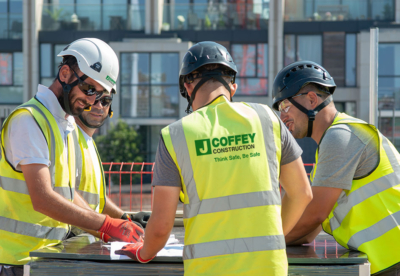A National Highways trial on a section of the A30 in Cornwall has seen the specialist technique used by Tarmac, Wirtgen and Atmo Technology successfully reduce noise by up to seven decibels.
In a single-pass process treatment, grooves were created in the existing concrete pavement while grinding was applied onto raised ‘turrets’ on the surface to add texture and improved skid resistance.
Road noise is reduced due to a smaller surface area contact between vehicle tyres and the surface, with sound further absorbed by the grooves in the pavement.
Diamond fine milling is traditionally used for concrete resurfacing but this process removes around 3mm of road material with each treatment and delivers an expected life of five years with each intervention.
The new approach can deliver 10-15 years of life before intervention is required and does not cause any damage to joints in the pavement reducing additional maintenance costs.
Nick Angelou, regional contracting director at Tarmac said: “This significant trial has helped to develop a solution for concrete roads which can reduce noise for neighbouring communities as well as extend the lifecycle of the asset to deliver financial and environmental savings by eliminating the need for earlier intervention.”
Nick Knorr, head of the National Concrete Roads Programme said: “This trial was part of our Concrete Roads Programme which will ultimately replace all of our existing legacy concrete roads. Achieving this goal will take time and significant investment, so it is essential that we find cost effective ways of extending the life of those still in use until they can be replaced.”












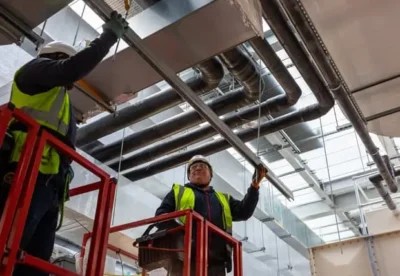


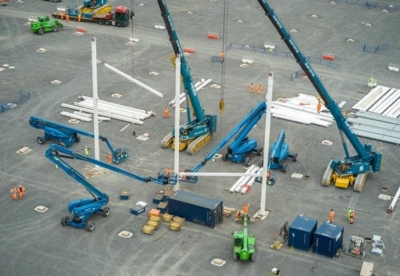





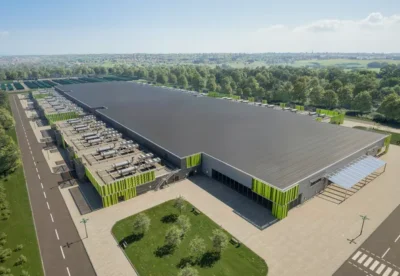



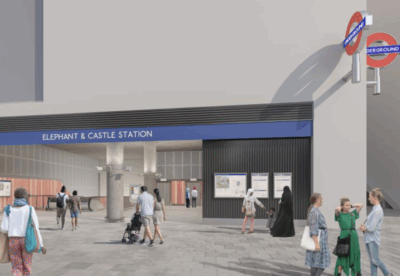






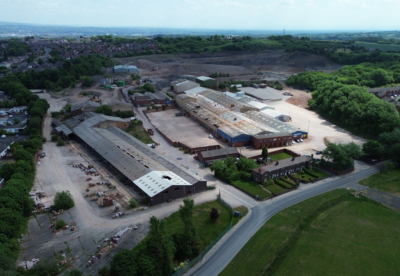





 (300 x 250 px) (2).png)


